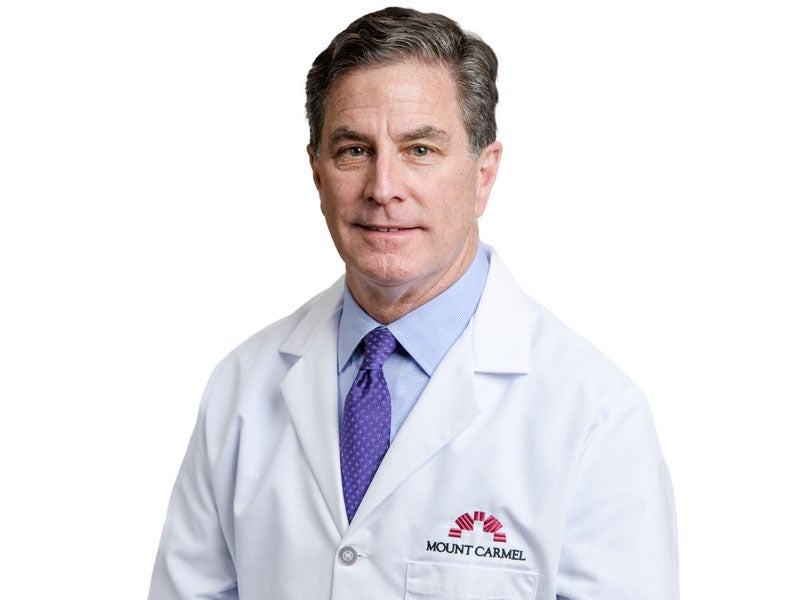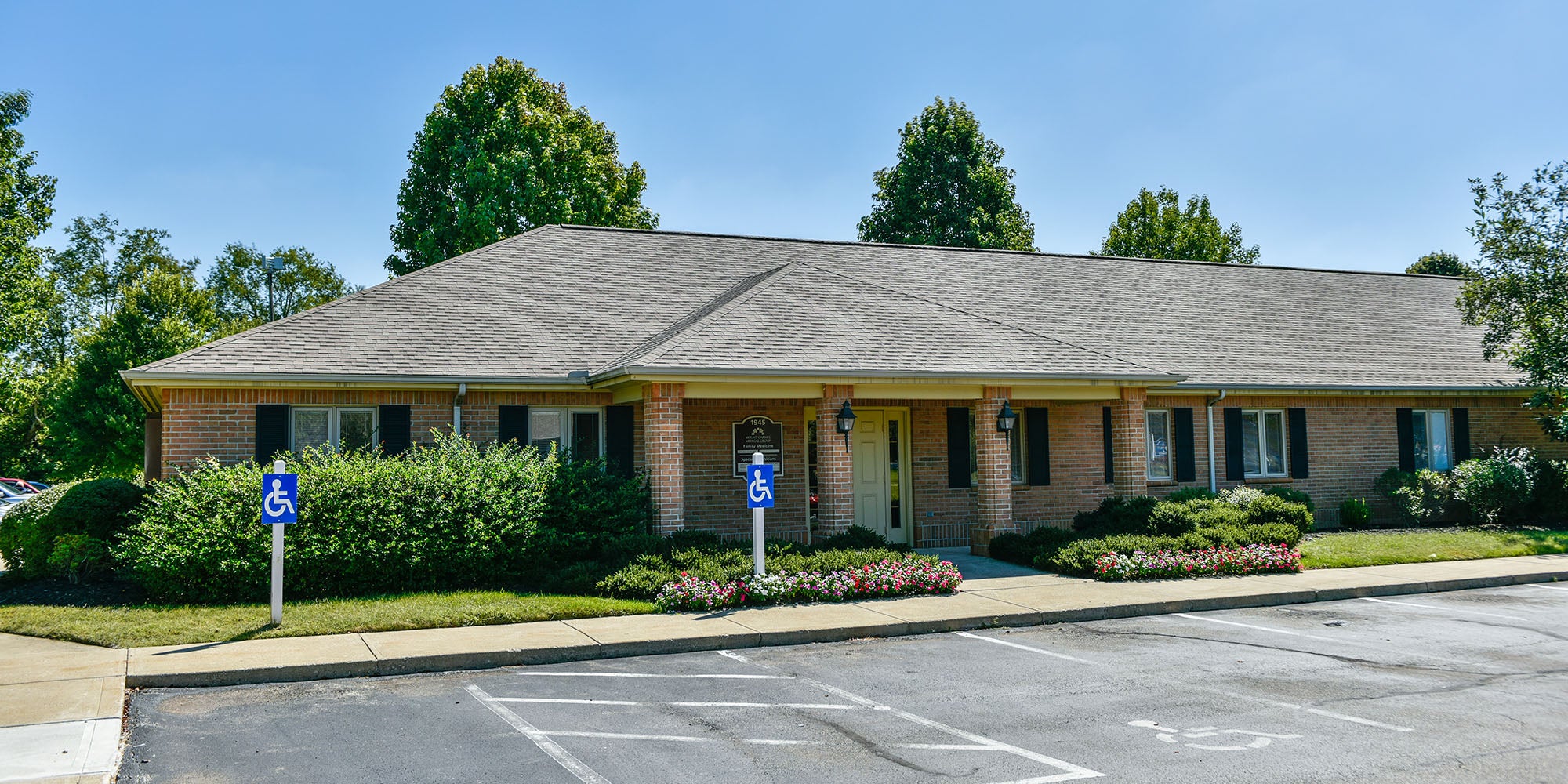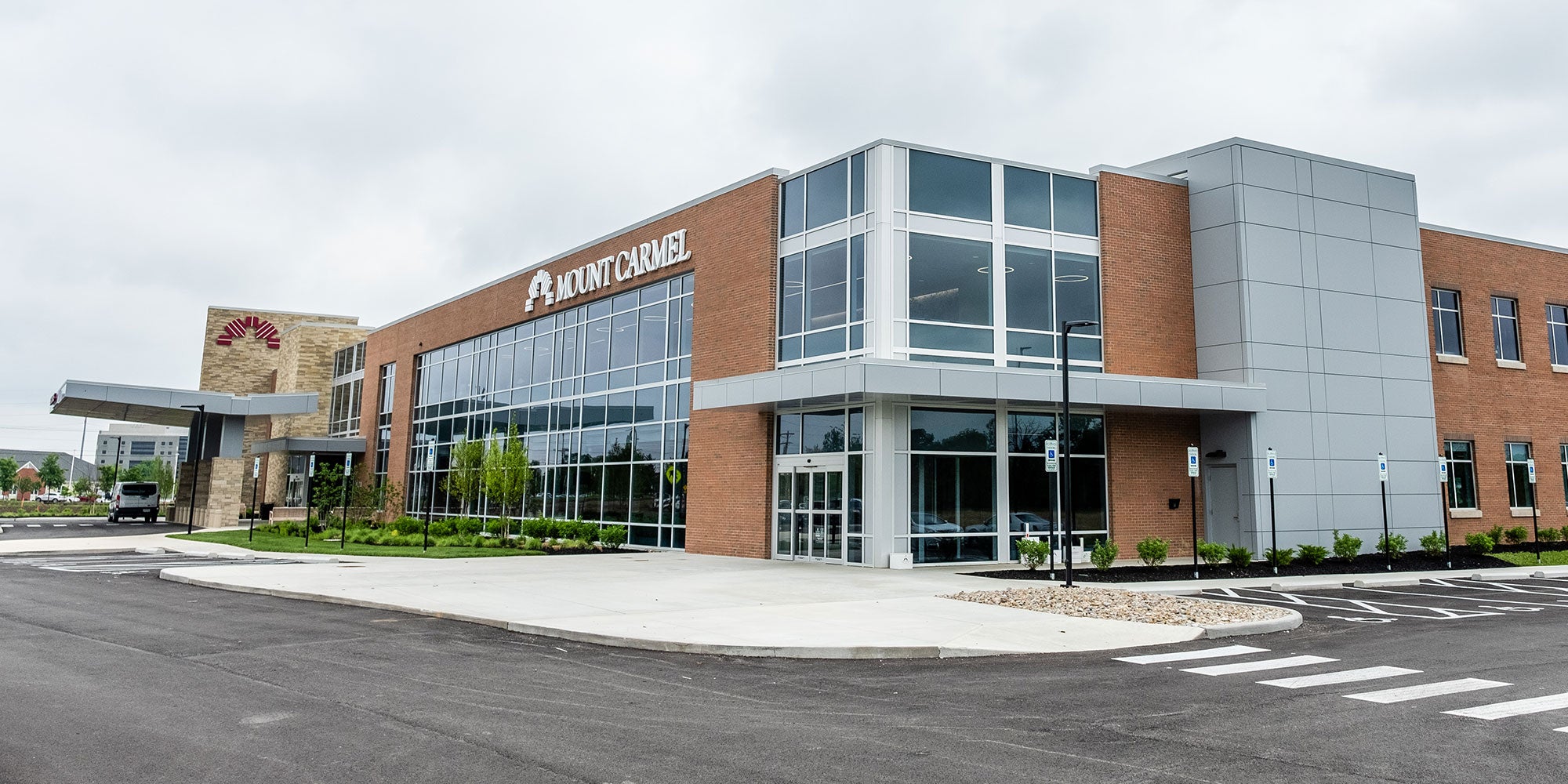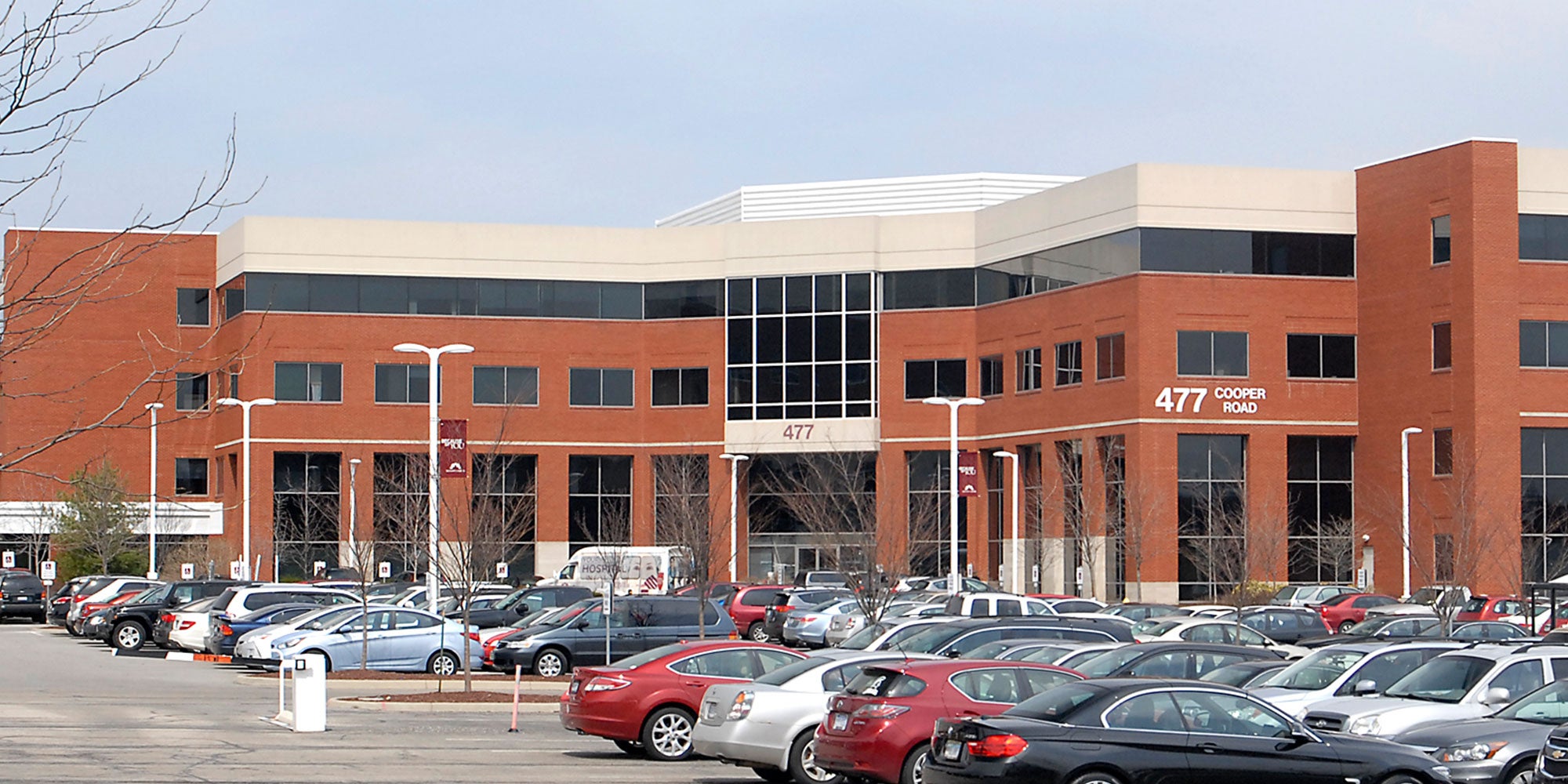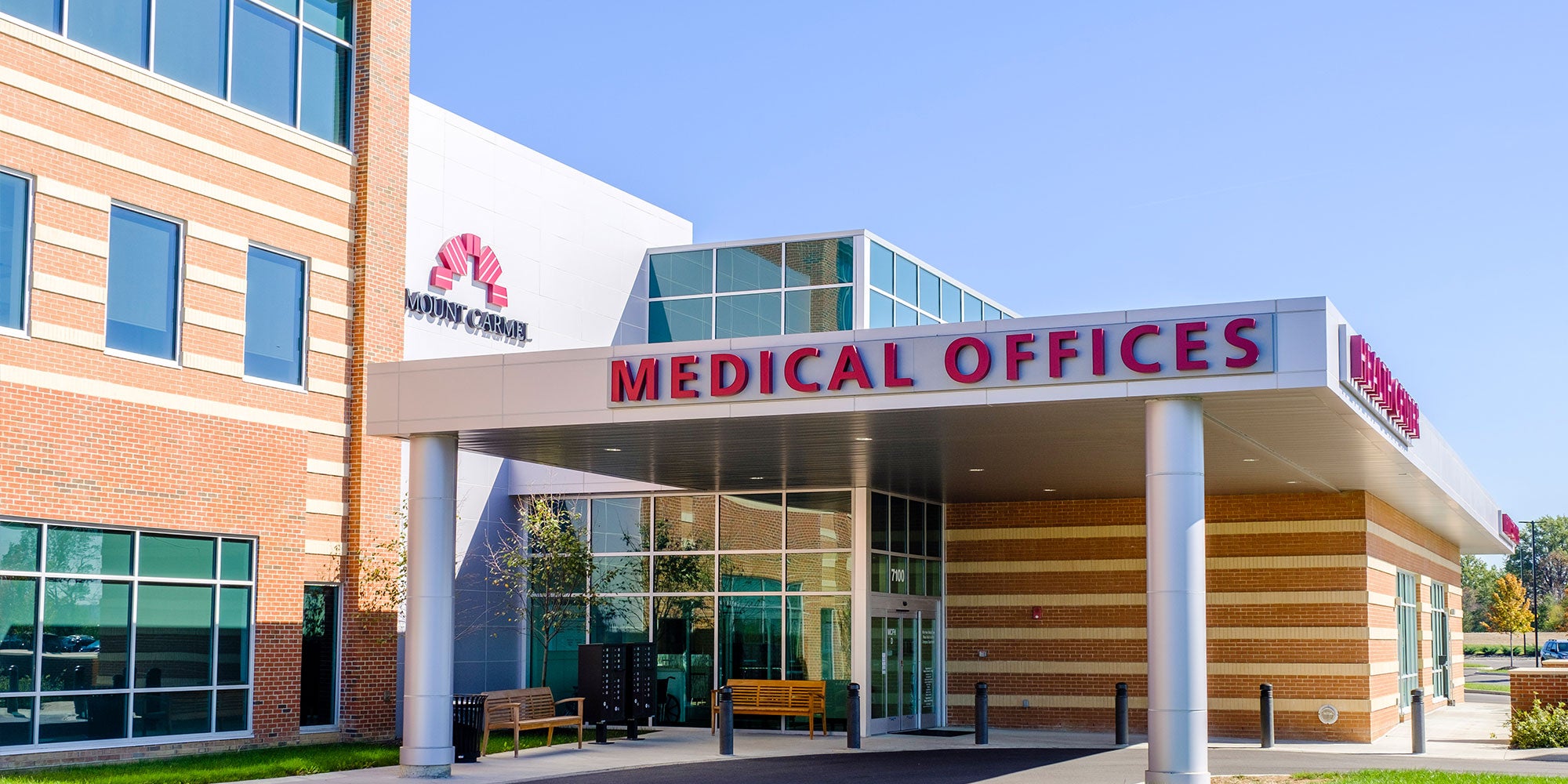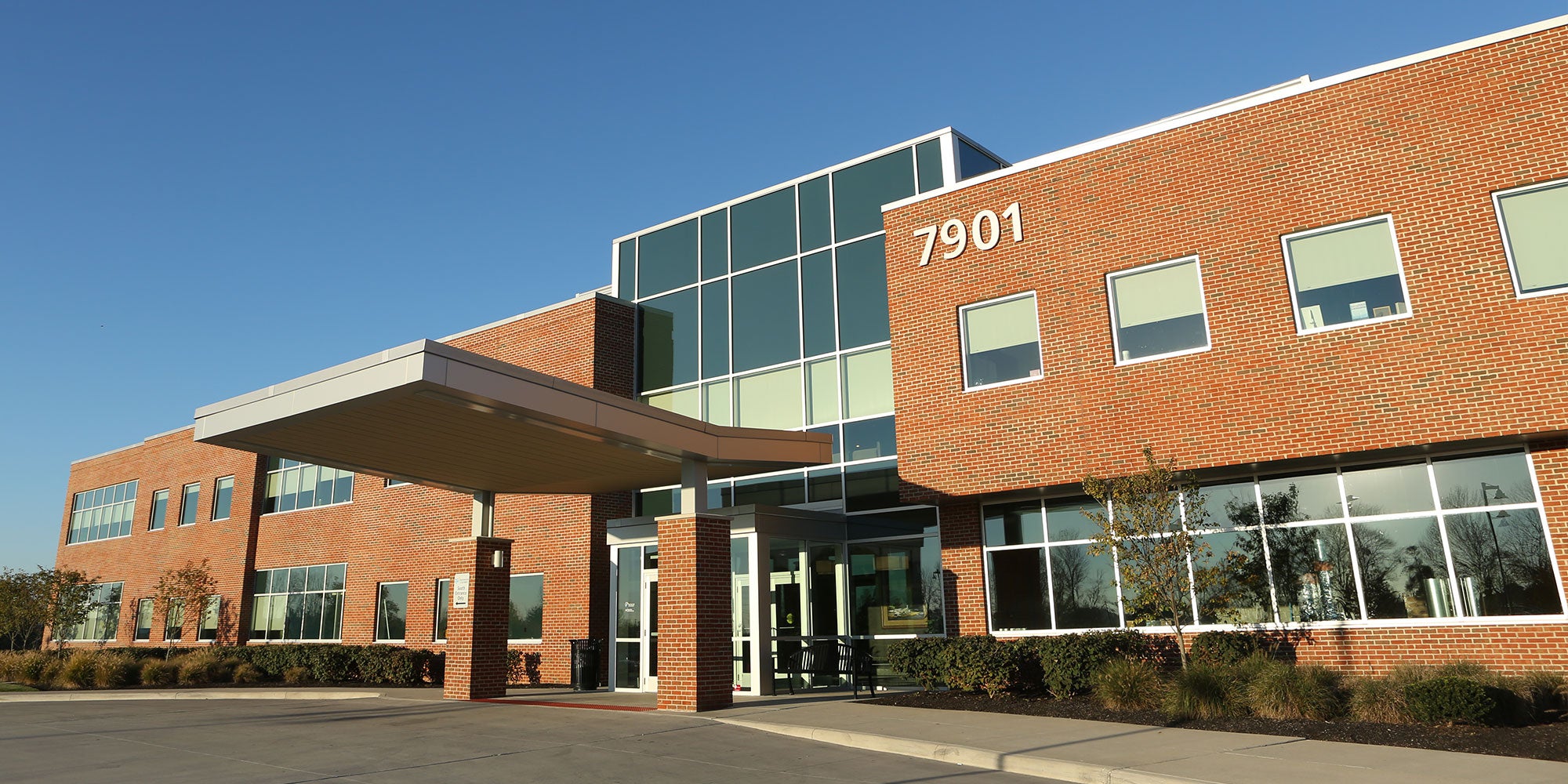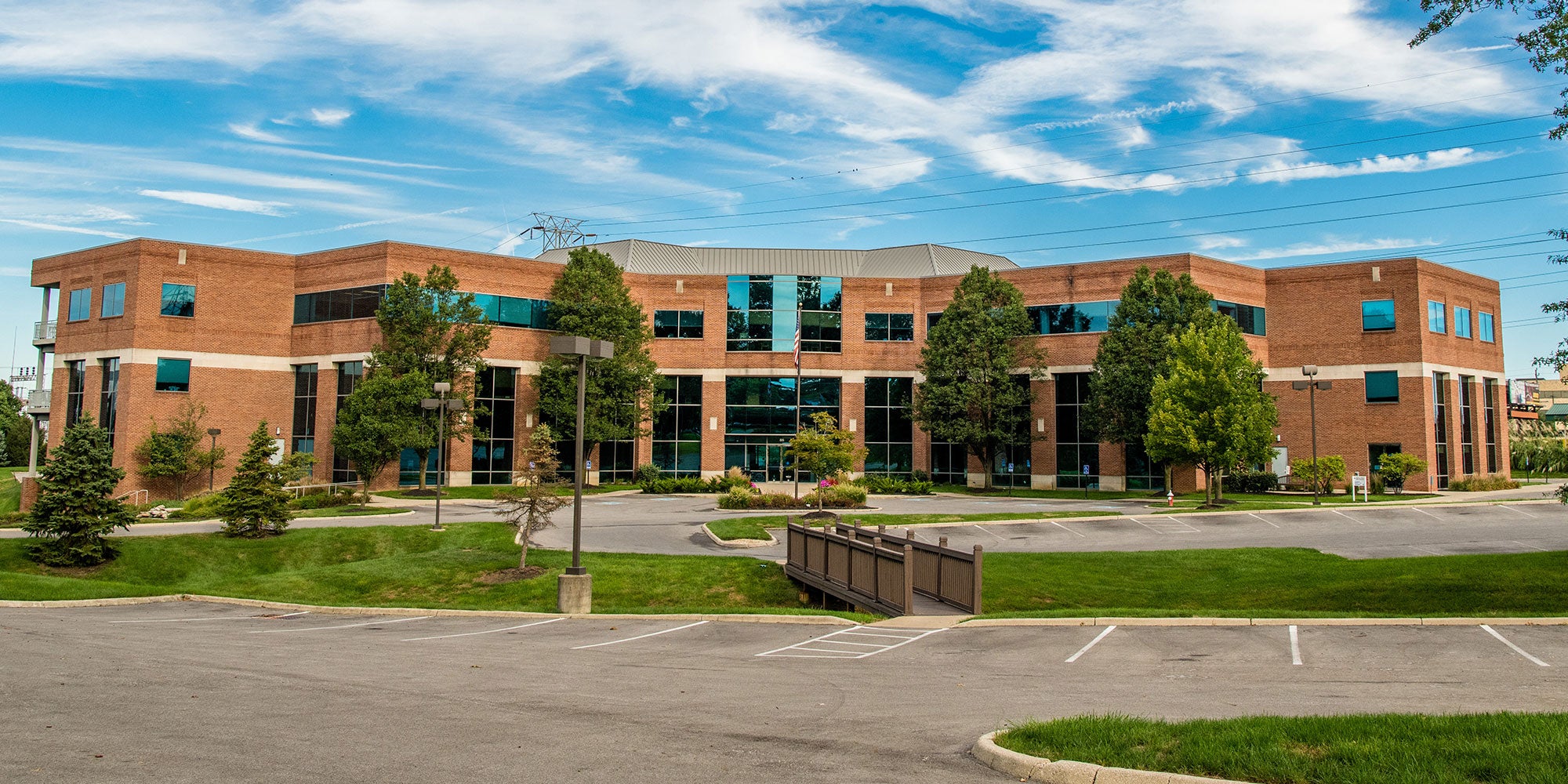Atrial Fibrillation
Atrial fibrillation is a common heart rhythm disorder. More than 6 million people in the U.S. have the condition and 160,000 new cases are diagnosed each year. Mount Carmel helps patients correct their atrial fibrillation by providing a thorough, collaborative consultation and an innovative treatment called atrial fibrillation ablation.
What is Atrial Fibrillation Ablation?
In the simplest terms, atrial fibrillation is an irregular, usually rapid heartbeat that's disturbing enough to impact a person's life. In a normal heart, an electrical impulse passes through the top portions of the heart (the atria) in an orderly fashion. With atrial fibrillation, numerous, very rapid impulses begin simultaneously and essentially compete with one another. Besides causing disabling symptoms and/or general ill feelings, these abnormal impulses can damage the heart as well. Atrial fibrillation is also a major cause of stroke.
With atrial fibrillation ablation, the heart tissue that causes these abnormal rhythms is altered or ablated so that it can no longer fire inappropriately. Ablation can be done either surgically or with a catheter through the bloodstream using heat (radiofrequency) or freezing (cryoablation). These interventions often target the pulmonary veins in the left atrium (left upper chamber of the heart), which are a common site of atrial fibrillation triggers. Restoring normal rhythm often helps patients get back to their lives and eliminate unwanted symptoms.
Who’s A Candidate?
In selected patients, atrial fibrillation ablation can offer a significant improvement in quality of life. And while atrial fibrillation ablation is a safe and effective treatment for the condition, not everyone is a candidate for the procedure. Patients who represent the best fits for atrial fibrillation ablation, either percutaneously or surgically, are those who:
- Do not respond to medical therapy
- Are intolerant to medical therapy due to side effects
- Endure continuous or frequent intermittent atrial fibrillation
- Have significant symptoms like palpitations, tiredness or difficulty breathing
- Already require heart surgery for other reasons (for surgical ablation)
Our Program
At Mount Carmel we aim to provide the best and most appropriate treatment for each patient. Your cardiac electrophysiologist or cardiothoracic surgeon, will determine the best approach for you and your unique circumstances. If your doctor recommends ablation, we minimize the use of X-ray and radiation and, in many cases, you’re able to go home the same day as your procedure. Depending on the treatment path you follow, you'll also work with the same surgeon or electrophysiologist for both your procedure and follow-up, so you’ll receive not just comprehensive care, but consistent care as well. And your physician here will stay in touch with your personal physician so that they're kept in the loop, too.







